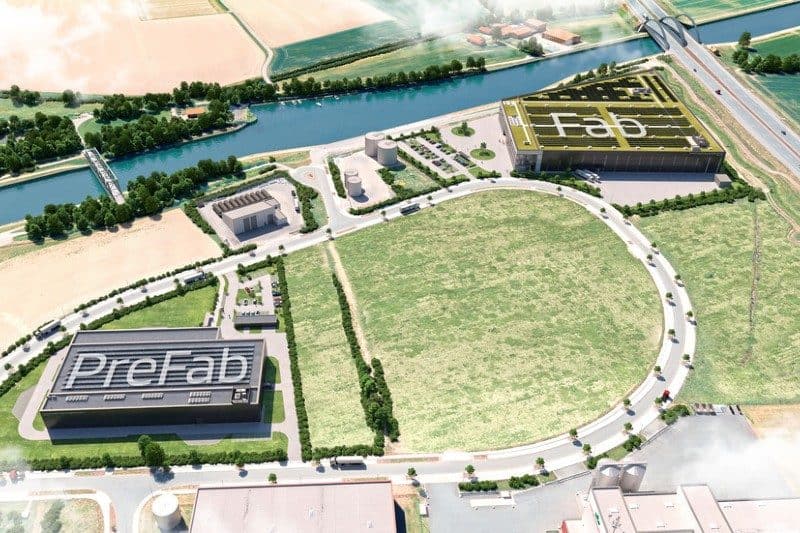The Research Production Battery Cell FFB is a Fraunhofer institution and has been dedicated to the task of accelerating the innovation and commercialisation processes of production technologies for existing and future cell formats since its beginnings in 2021. Three sub-projects already exist. The first, on the development and commissioning of a production line, has already been completed. The other two are concerned with the development of electrode and cell designs for prismatic and pouch cells (FoFeBat2) and with an accelerated forming procedure and optimised end-of-line testing (FoFeBat3).
As part of ‘FoFeBat4’, a consortium of scientific institutions is now also involved in manufacturing research into solid-state batteries. “So far, none of the three solid electrolyte systems – oxide, thiophosphate, and polymer – has been able to clearly establish itself as the most promising solution,” comments PEM head Professor Achim Kampker: “The high demands on the production environment and the sometimes significant differences in the manufacturing processes, equipment, and materials required make it very difficult to adapt a production process chain for conventional lithium-ion batteries to the manufacture of solid-state batteries.”
However, according to Kamper, there is a consensus in the industry that the solid-state battery is an “enabler technology” that could enable the use of lithium-metal-based anodes, for example, in order to achieve a particularly high energy density. Many of the world’s largest automotive and battery cell manufacturers have therefore already invested in research into solid-state batteries themselves and in some cases have entered into strategic development agreements with specialised companies.
The FFB’s fourth sub-project therefore aims to answer the fundamental questions relating to the production of solid-state batteries and at the same time create the necessary infrastructure. One of the researchers’ approaches is “The existing electrolyte systems are to be synthesized on a high scale and examined in various cell chemistries for performance, operating conditions, and safety aspects”, as stated in an accompanying press release.
With its work, the FFB wants to contribute to improved production technologies for existing and future cell formats and act at the interface between science and industry. Research and test projects of various sizes are envisaged, with not only large industrial companies but also small and medium-sized enterprises set to benefit. Due to the severe budget cuts at the turn of the year, it was initially unclear to what extent battery research in Germany would continue to be funded. The budget was indeed slashed, but ultimately to a lesser extent than initially communicated.
As we remember, battery cell research production was awarded to a consortium led by the Fraunhofer IPT following an application process in 2019. Together with other Fraunhofer institutes, the PEM of RWTH Aachen University and the MEET Battery Research Centre (Münster Electrochemical Energy Technology of the University of Münster), the FFB was to be established at the Münster site. Due to initial delays and the increasing influence of the Fraunhofer Research Institute, the FFB was criticised in February 2021. The centre began its research activities in August 2021.

